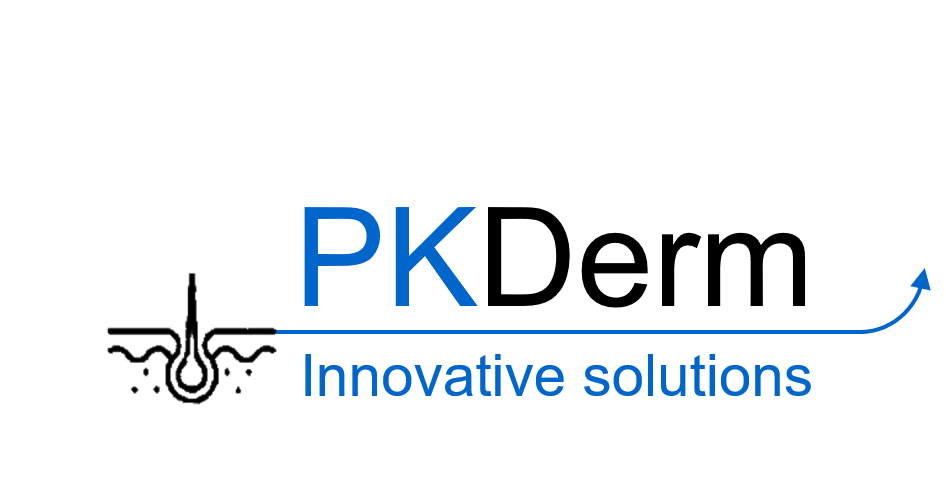Identification of Potential Key Genes Associated with Strokes and its sub types: A Computational Approach
Background: Despite striking advances in multimodality management, Stroke remains the third lead cause of adult’s death and disability globally. Identifying novel diagnostic and prognostic biomarkers is urgently demanded. Study aimed to identify potential key genes associated with the pathogenesis and prognosis of stroke types including Ischemic Stroke (IS) and Hemorrhagic stroke (HS) along with IS subtypes.
Material & Methods: We fetched Human genes using genome assembly build 38 patch release 13 with known gene symbols through NCBI gene database (https://www.ncbi.nlm.nih.gov/gene). PubMed advanced queries were constructed using stroke related keywords and associations were calculated using Normalized pointwise mutual information (nPMI) between each gene symbols and queries.
Conclusion: A total of 2785 (9.4%) genes were found to be related with the risk of stroke out. Based on stroke types, 1287 (46.2%) and 375 (13.4%) genes were found to be associated with the risk of IS and HS respectively. Further stratification of IS based on TOAST classification, 86 (6.6%) genes were confined to Large artery atherosclerosis; 131 (10.1%) and 130 (10%) genes were associated with the risk of small vessel disease and Cardioembolism subtypes of IS. In addition, aprognostic panel of 9 genes signature consisting of CYP4A11, ALOX5P, NOTCHS, NINJ2, FGB, MTHFR, PDE4D, HDAC9, ZHFX3 can be treated as diagnostic marker in order to predict individuals who are at the risk of developing stroke with their subtypes. Our findings would provide some directive significance for further investigating the diagnostic and prognostic biomarkers to facilitate the molecular targeting therapy for stroke prevention.


